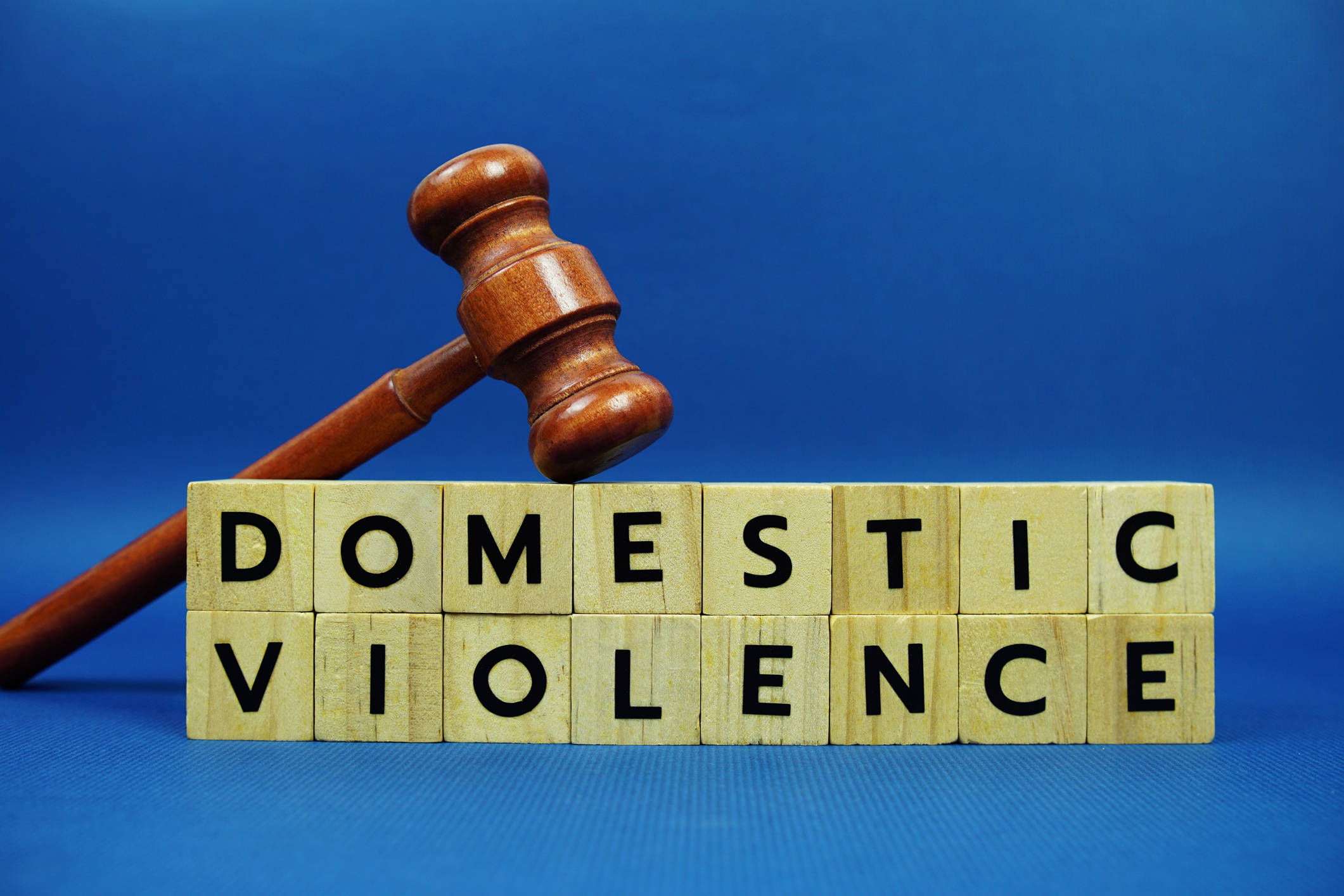- 5 Oct 2025

When facing legal challenges, particularly those involving domestic violence charges, one of the most immediate concerns is the cost of hiring legal representation. While some individuals may qualify for a court-appointed attorney, many defendants choose or are required to retain private legal counsel. This raises a critical question: what factors influence how much you’ll pay for legal services in these cases?
Understanding how legal fees are determined can help you make informed decisions when selecting representation. This knowledge also sheds light on how various elements of a case can increase or decrease the financial burden of defending yourself in court.
Why Legal Fees in Domestic Violence Cases Vary
The cost of legal representation for a domestic violence charge is not standardized. It is influenced by several variables, including the jurisdiction, the severity of the charge, the attorney’s experience level, and whether the case proceeds to trial. These components work together to shape the financial landscape of your defense.
Even within the same city or county, legal fees may fluctuate significantly. Attorneys evaluate the amount of work your case may require and consider the overall complexity when determining how much to charge. For example, a straightforward misdemeanor case involving minimal discovery and no prior history might be significantly less expensive than a felony charge involving multiple hearings, expert testimony, and extended trial proceedings.
Case Complexity and the Cost of Defense
One of the primary factors that influences attorney fees in domestic violence cases is case complexity. Complexity can stem from various sources: whether there are multiple charges, if the incident included aggravating circumstances such as injury or the presence of a weapon, and whether the defendant has prior related offenses.
In cases where the domestic violence allegation involves bodily harm or is accompanied by other criminal charges such as child endangerment or harassment, an attorney will likely spend more hours preparing the case. This leads to higher legal fees due to the extended time investment.
Legal professionals typically estimate their fees based on whether they expect the case to be resolved quickly through a plea bargain or whether it will require extensive litigation. The more court appearances and preparation needed, the higher the legal cost.
Location-Based Variations in Legal Costs
Geographic location plays a significant role in determining how much you will pay for legal defense. In larger metropolitan areas, attorney fees tend to be higher due to increased operational costs and higher demand. For example, someone facing a domestic violence charge in a densely populated city may pay significantly more than a person charged in a rural jurisdiction.
Understanding how local rates compare is important. Individuals charged in jurisdictions like Kansas City or Knob Noster, MO may find varying rates even within short distances due to differences in local court structures and population densities.
One example of a regional case can be found in this incident reported on US 50 at Route D, where a Knob Noster, MO man was hurt in motorcycle crash on US 50 at Route D. While this case involved a personal injury rather than domestic violence, it illustrates how local incidents are shaped by regional law enforcement and judicial procedures—something that also affects the cost and nature of criminal defense services.

Court-Appointed Counsel Versus Private Representation
Another key element in understanding legal fees in domestic violence cases is whether you are eligible for a court-appointed attorney. If you are financially unable to retain private counsel, the court may appoint a public defender at no personal cost to you. However, not everyone qualifies for this option, and even when granted, many defendants prefer private attorneys for a variety of personal or strategic reasons.
Public defenders are often managing large caseloads, and though they are competent, the amount of individual attention they can provide may be limited. On the other hand, hiring a private attorney means more personalized attention and potentially more thorough preparation, but at a financial cost.
Defendants must weigh the pros and cons of both options while also considering how their choice might influence the outcome of their case. It’s not only a financial decision but a legal strategy as well.
Hourly Billing Versus Flat Fees
Attorneys typically use one of two billing structures: hourly or flat fee. An hourly billing model means you will pay based on the number of hours the attorney works on your case. This is common in cases where the outcome and time requirements are uncertain.
Flat fees, on the other hand, provide a predetermined total cost for representation, regardless of the number of hours involved. This can offer more predictability, which is helpful for clients managing a strict budget. However, flat fees are usually based on assumptions about the case’s simplicity. If complications arise, additional fees may be introduced.
Clients should always request a detailed fee agreement that outlines what is included in the initial cost and what circumstances could trigger additional charges. This helps avoid misunderstandings and allows you to plan your finances accordingly.
Pretrial Hearings and Their Financial Implications
Pretrial activity can significantly affect the cost of legal services in a domestic violence case. These activities include bond hearings, discovery motions, negotiations with the prosecution, and pretrial conferences. If your attorney needs to file multiple motions or appear in court frequently, you should expect the total legal cost to increase.
Each of these steps requires preparation, legal analysis, and sometimes collaboration with third-party witnesses or investigators. All these services are usually billable and will reflect in your final legal expense.
How Plea Deals Influence Legal Costs
Many domestic violence cases never make it to trial because they are resolved through plea agreements. Entering a plea deal generally reduces the amount of work required by your attorney, which can lower overall fees.
However, even negotiating a plea bargain requires time and effort. The attorney must review evidence, speak with prosecutors, and ensure the plea terms are fair and legal. The better prepared your legal representative is, the more likely you are to obtain favorable terms. As such, even in plea cases, there can be significant legal expenses depending on the case’s specifics.
Resources That Can Help Defendants Understand Costs
For individuals navigating the justice system, it’s helpful to consult official government resources that explain criminal procedures and public defender eligibility. The U.S. Department of Justice provides valuable information about rights, case types, and legal assistance. Reviewing such sources can guide individuals in understanding how the justice system treats domestic violence cases and what costs may be incurred.
Understanding legal fees in domestic violence cases requires a deep look into the nature of the charges, the strategies available for defense, and the financial implications of each phase of the legal process. Clients must assess all variables—attorney billing models, jurisdiction, the potential for plea deals, and court involvement—to estimate the cost accurately.
By knowing what drives legal fees and preparing for those costs in advance, individuals charged with domestic violence can make informed decisions that affect both their finances and their legal outcomes. The financial aspect of legal defense is deeply intertwined with the strategic decisions made throughout a case. This makes it critical to not only find affordable representation but to ensure that such representation aligns with your defense goals.
Recent posts
- 5 Oct 2025
- 3 Oct 2025
- 3 Oct 2025
Categories
- Accident & Injury Law (54)
- AI (1)
- Copyright Law (1)
- Criminal & Civil Law (17)
- Disability Law (2)
- Driving Law (2)
- Employment Law (1)
- Estate Planning (2)
- Family & Relationship Law (29)
- Food and Drink (2)
- Gas Exposure (1)
- Health (1)
- Immigration Law (2)
- Injury Claim (1)
- Insurance Law (7)
- Legal (40)
- Lemon Law (4)
- Mediation (3)
- Medical Malpractice (1)
- Property & Business Law (9)
- Severance Agreement (1)
- Travel and Leisure (1)
- Uncategorized (8)
- Worker Compensation (2)
